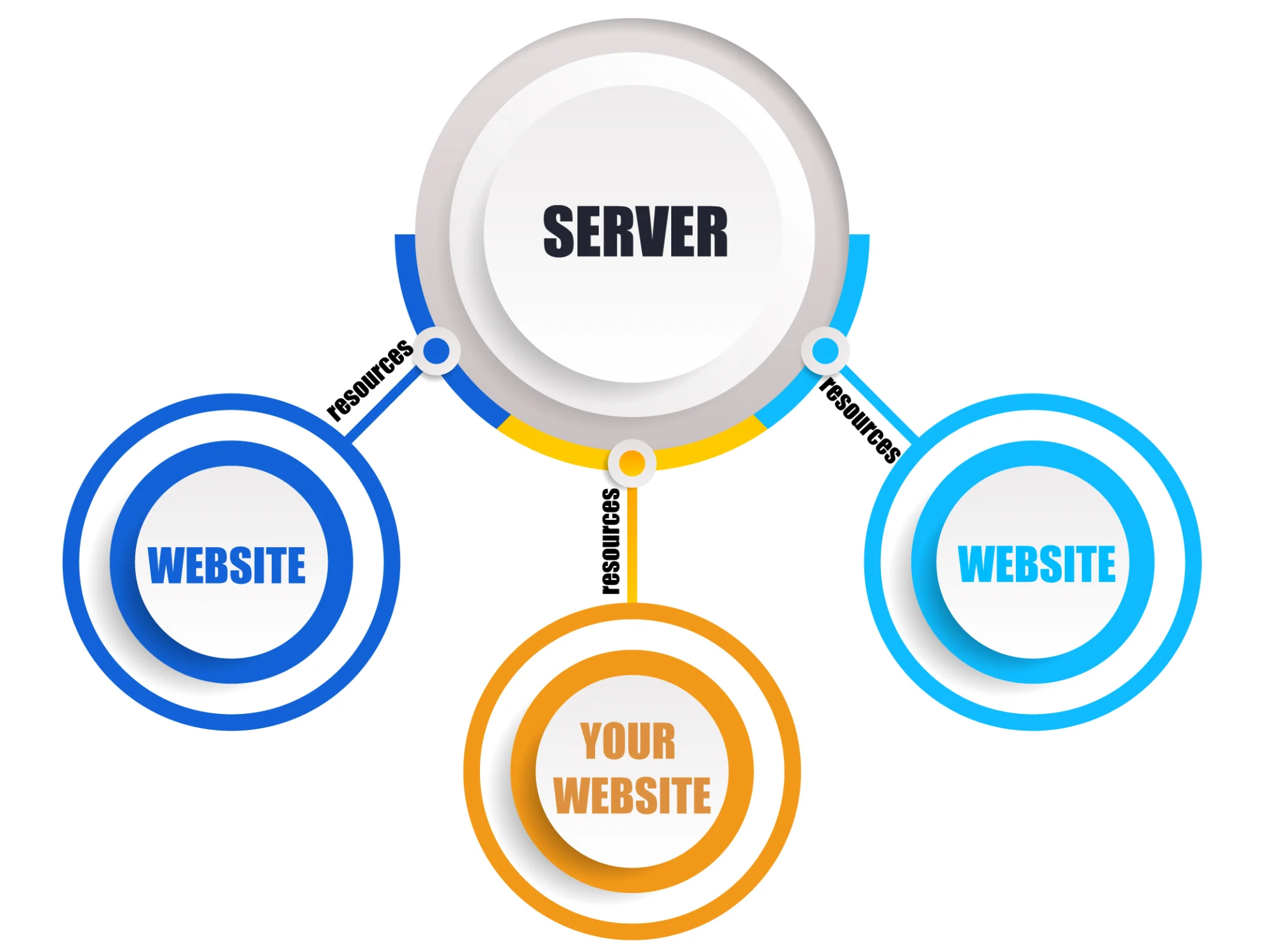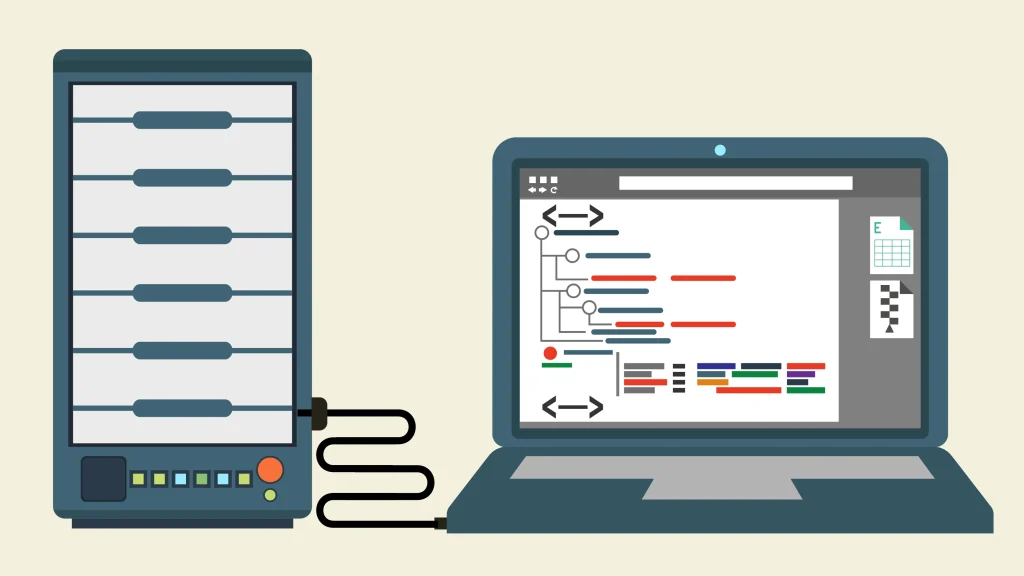In today’s digital age, having a strong online presence is crucial for businesses. A website is a fundamental component of this presence, but it requires web hosting services to be accessible on the internet. What exactly is web hosting? In simple terms, it means making your website available for users online. There are different types of web hosting services, including shared and dedicated hosting. But how do you determine which type is best for your business? This blog will guide you through the decision making process by explaining the essentials of web hosting.
What is Web Hosting?
Web hosting is an online service that makes a website accessible to users on the internet. Think of it like this: for anything to be accessed, it needs to exist and be stored somewhere. Web hosting provides that storage place a server where your website’s content, data, and files are stored. Web hosting service providers offer these servers for a monthly or yearly fee and are responsible for keeping the servers secure and operational. A poorly maintained server can negatively impact your website’s traffic.
What is Shared Web Hosting?
As the name suggests, shared web hosting involves multiple websites sharing the same server and its resources, including storage space, processing power, and bandwidth. This setup can affect your website’s performance due to the influence of other websites on the same server. Imagine living in an apartment building where all residents share resources like water and electricity. If one resident uses more resources, others may suffer. Similarly, if one website overuses server resources, others may experience reduced performance. Let’s explore the pros and cons of shared web hosting.
Pros of Shared Web Hosting:
- Cost-Effective: Shared hosting is budget-friendly, making it ideal for small businesses. The cost is divided among multiple users, making it affordable.
- Ease of Use: Providers offer user-friendly control panels, allowing users with limited technical expertise to manage their websites easily.
- Low Maintenance: Service providers handle server maintenance, security, and updates, relieving website owners of these tasks.
- Quick Setup: Shared hosting is pre-configured, enabling businesses to quickly set up and run their websites.
Cons of Shared Web Hosting:
- Limited Resources: Multiple websites on the same server may not receive equal resources, leading to inefficiencies.
- Security Risks: Shared servers are more vulnerable to data breaches and viruses, posing security risks.
- Less Control: Shared hosting providers manage most aspects of the server, giving website owners limited control.
- Scalability Issues: Rapidly growing businesses may find shared hosting limiting in terms of scalability.
- Variable Performance: The performance of your website can fluctuate based on the activity of other websites on the same server.

What is Dedicated Web Hosting?
Dedicated web hosting involves having a server solely dedicated to your website. Unlike shared hosting, dedicated hosting provides exclusive resources and greater control. Think of it as owning a house with ample resources for your family. While dedicated hosting offers numerous benefits, it also comes with its own set of challenges.
Pros of Dedicated Web Hosting:
- Best Performance: Dedicated servers offer unmatched performance, especially for resource-intensive websites.
- Total Control: Website owners have complete control over installations, configurations, and security patches.
- Enhanced Security: With a server dedicated to a single website, the risk of viruses and security breaches is minimized.
- Reliable Uptime: Dedicated hosting ensures consistent uptime, enhancing website reliability.
- Scalability: Dedicated hosting supports the growth of rapidly expanding businesses without compromising performance.
Cons of Dedicated Web Hosting:
- Higher Cost: The exclusive use of a server makes dedicated hosting expensive, which may not be feasible for small businesses.
- Resource Overkill: For less resource-intensive businesses, dedicated servers may provide more resources than needed.
- Complex Management: Managing a dedicated server is more complex and may be challenging for beginners.
- Setup Time: Dedicated hosting setup is more involved and time-consuming compared to shared hosting.
- Responsibility: The website owner is responsible for managing updates and security, requiring more technical knowledge.

Which Web Hosting Service is Right for You?
For small businesses that do not require extensive resources, shared web hosting is a cost-effective and easy-to-manage option. As your business grows, you can transition to dedicated hosting. Large enterprises, on the other hand, may benefit more from dedicated hosting due to their need for scalability and robust performance.
By understanding the differences between shared and dedicated web hosting, you can make an informed decision that best suits your business needs.
